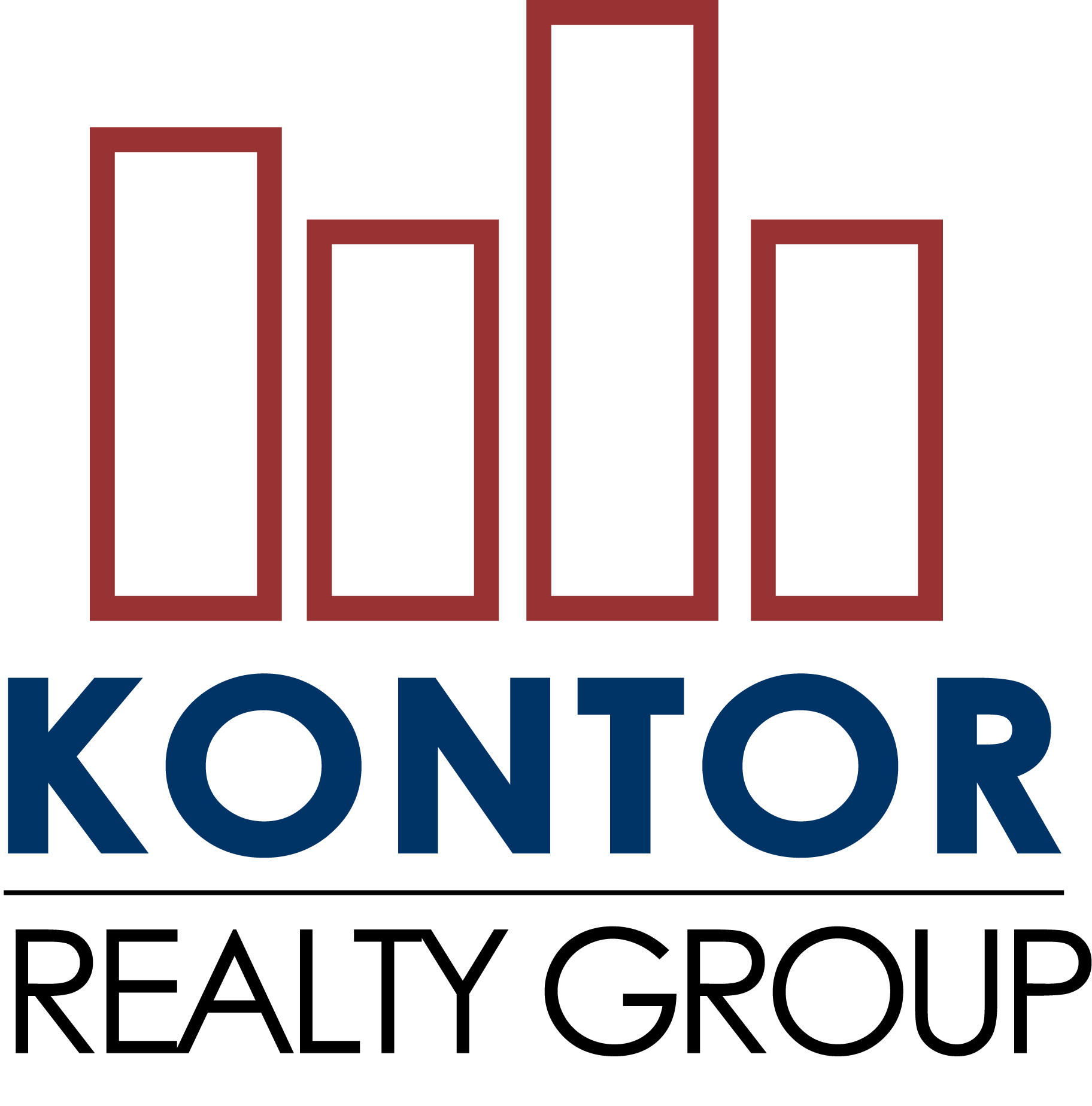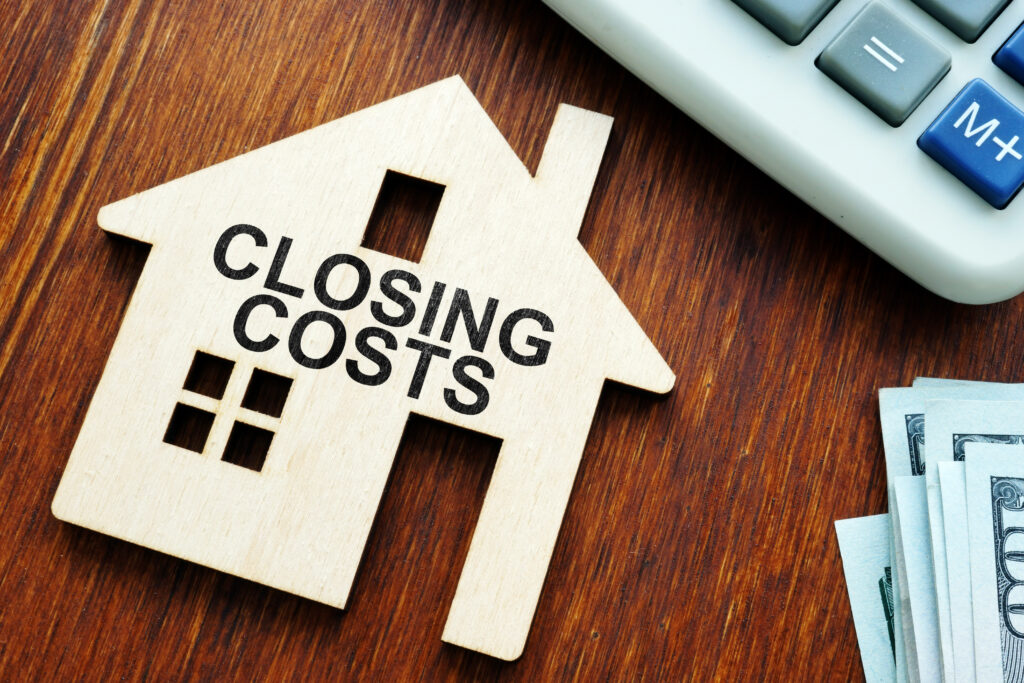When you’re in the process of purchasing a home, one critical aspect that often gets overlooked is closing costs. Closing costs are the fees associated with finalizing the purchase of a property and can significantly impact on your overall budget. Understanding these costs not only prepares you for what to expect but can also guide you in your negotiations and decision-making process. Below, we delve into what closing costs are, the typical fees involved, and tips on how to manage them effectively.
What Are Closing Costs?
Closing costs are essentially the expenses over and above the price of the property that buyers and sellers incur to complete a real estate transaction. These fees are typically charged at the closing (or settlement) of a real estate transaction, which marks the transfer of ownership from the seller to the buyer. While closing costs can vary widely, they generally range from 2% to 5% of the purchase price of the home. Understanding the components of these costs can help buyers be more financially prepared.
Typical Closing Costs for Homebuyers
Loan Origination Fees
This fee is paid to the lender for processing the loan application. It typically ranges from 0.5% to 1.5% of the mortgage amount.
Title Insurance
This protects the buyer and lenders against any defects in the title of the property. The cost for title insurance varies by state but can range from several hundred to a few thousand dollars.
Appraisal Fees
Lenders require an appraisal to determine the home’s market value. This fee usually costs between $300 to $500 and is paid upfront.
Home Inspection Fees
A home inspection can help you uncover potential issues in the property before purchase. Inspection fees generally range from $300 to $700, depending on the size and location of the home.
Property Taxes
Depending on your closing date, you may be required to prepay some property taxes. This amount varies based on local tax rates and the time of year.
Homeowner’s Insurance
This insurance protects your home and belongings. Lenders often require a year’s worth of premium payments at closing, which can range from $500 to $2,000.
Prepaid Interest
If you close on your home before the end of the month, you’ll need to pay interest from the day you close to the end of the month. This is typically prorated based on your loan amount and mortgage terms.
Escrow Fees
These fees are charged by the escrow company that manages the closing process. They can range from $300 to $1,500, depending on the sale price and local regulations.
Recording Fees
Local governments charge these fees for recording the property transaction, which is necessary for the legal transfer of ownership. This fee can vary widely based on the location of the property.
Miscellaneous Fees
These can include courier fees, attorney fees, and various taxes. Always ask your lender for a breakdown to ensure you’re aware of all potential costs.
How to Estimate and Manage Closing Costs
To get a better handle on closing costs, it’s essential to request a Loan Estimate (LE) from your lender, which will provide a detailed breakdown of estimated closing costs within three business days of your application.
To manage these costs effectively:
Shop Around
Don’t hesitate to compare services, especially for title insurance and home inspections. Prices can vary significantly between providers.
Negotiate with the Seller
You can negotiate to have the seller pay part of your closing costs. This is often regarded as a concession, so be prepared to compromise on other aspects of the sale.
Consider Closing Cost Assistance Programs
Many states or local governments offer potential assistance for first-time homebuyers to help cover closing costs. Research available programs in your area.
Request a Closing Disclosure
At least three days before closing, your lender is required to provide you with a Closing Disclosure outlining final closing costs. Review this document carefully to ensure all figures align with your expectations.
Understanding closing costs is vital for homebuyers, as these expenses can greatly influence the affordability of buying a home. By familiarizing yourself with the various fees included in closing costs and actively managing them, you can approach your home purchase with more confidence and financial readiness. With thorough preparation, you’ll be better equipped to navigate the closing process and make informed decisions that align with your long-term financial goals.




